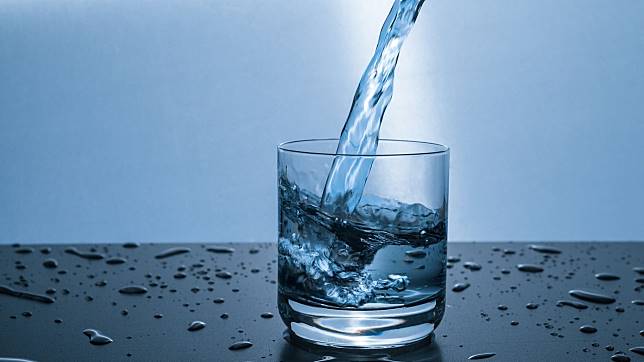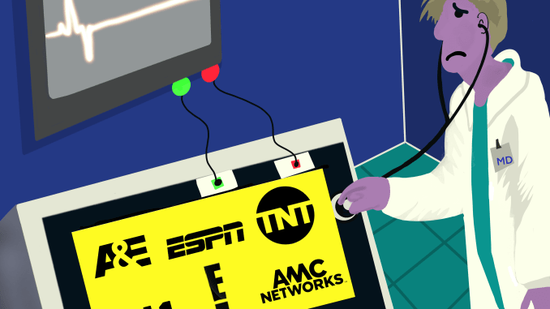Advertisement
Whether coffee is the next superfood, or the next public health hazard depends on who you ask. Read the latest news or research and you will find that coffee “fights against heart disease,” reduces the risk of breast cancer, colon cancer or multiple sclerosis, and reduces Alzheimer disease. A recent study by graduate students in the National Institutes of Health and researchers at Yale University found that those who drank at least four cups of coffee a day had a 20 percent lower risk of melanoma (a type of skin cancer) than those who didn’t drink coffee.
But do more research and you will find that coffee also increases your risk of various diseases. A 2010 meta-analysis of 13 studies found that just drinking two cups of coffee a day increased the risk of lung cancer by 14 percent. Recently, a 2014 meta-analysis found a relationship between coffee drinking and throat cancer.
 Why are the results contradictory? Part of the reason may be that some of the ingredients in coffee are good for you, while others are not. Coffee, for example, contains antioxidants that help cells fight against damage from unstable molecules called free radicals, which have been linked to cancer. At the same time, some researchers speculate that drinking hot coffee may increase a person’s risk of developing oesophageal cancer because it burns the oesophagus.
Why are the results contradictory? Part of the reason may be that some of the ingredients in coffee are good for you, while others are not. Coffee, for example, contains antioxidants that help cells fight against damage from unstable molecules called free radicals, which have been linked to cancer. At the same time, some researchers speculate that drinking hot coffee may increase a person’s risk of developing oesophageal cancer because it burns the oesophagus.
But people’s most confusion comes from so-called confounding variables, which are external factors (such as diet and genes) that can influence research results. The more variables there are, the harder it is to extrapolate causality.
People make coffee in many ways, and the way you make coffee may change its behaviour in your body. Take drip coffee for example, washes away certain lipids in the bean, including cafestol and white coffee fat. These compounds increase your LDL, also known as “bad cholesterol.” Due to this reason, drip coffee may be better for your heart than coffee made in a French press.
Advertisement
Lifestyle factors can also influence the results. Marilyn Cornelis, an assistant professor of preventive medicine at North-western University, points out that people who drink a lot of coffee also tend to smoke and drink, and they are often stressed, and these habits can affect the positive effects of coffee drinking on the body. Even seemingly harmless habits, such as adding milk or sugar to coffee, can muddle the results. Although most studies used statistical tools to control for these variables, older studies did not have control on them.
Do not forget the gene, which regulates the metabolism of caffeine and other molecules in a cup of coffee. Unfortunately, not many studies have investigated the role of DNA in the health effects of coffee, mainly because scientists have only gradually discovered genes involved in caffeine metabolism over the past decade. Genetic and environmental factors may be combined to reconcile differences in experimental results.
At the same time, if you do not know if you should keep drinking coffee, do not worry, most public health experts agree that the benefits outweigh the risks. The strongest argument comes from a 2014 meta-analysis that combined studies of long-term coffee consumption with cancer, heart disease and mortality between the year of 1996 and the year of 2013, and found that overall, coffee is beneficial.
Advertisement
- Previous article
- Do people’s personalities change with age?
- Next article
- A waterproof keyboard printed on paper
Advertisement
OTHER NEWS

Does Water Boiled in Microwave Tastes Different?
BY Jean

Cable TV Will be Replaced by Streaming
BY Jimmy

The never seen before Spirula squid, in its natural habitat
BY Susan

Watch Dogs: Legion Review I
BY https://www.ign.com.cn/kmg-jt/30318/review/kan-men-gou-jun-tuan-ign-ping-ce-8-fen-duo-zi-duo-cai-de-jin-wei-lai-shi-jie

The AI adds a face in the background when zooming in on photos
BY Kimberly

The support behind more advanced mobile phones
BY Evelyn
RECENT NEWS
-

PUBG Mobile Esports Generated 200 Million Hours of Viewing in 2020
-

Mario Kart Tour Races to $200M revenue and 200M Downloads
-

Game Acquisitions Expand Globally in Q1 2021 with 280 Deals Worth $39 Billion Surpassing That in 2020
-

Free Fire Shows Strong Momentum, with Its Revenue Overtaking PUBG Mobile in a Single Market for Q1 2021
-

The Games Fund Launched a $50 Million Early Investment Fund to Invest in American and European Companies
-

How to Download and Install Wyze App for Free?

 1
1 1
1